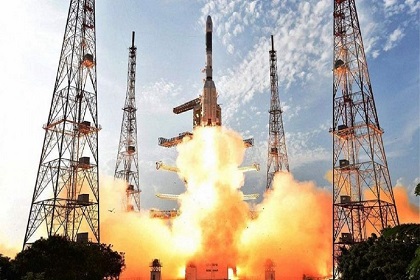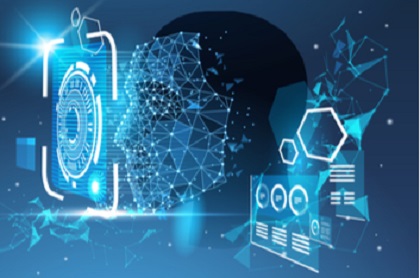Partnering with Japan for critical minerals supply
The supply of critical minerals, crucial for new and emerging technologies such as electric vehicles, electronics and renewable energy production, faces a significant disruption due to Covid and the Ukraine crisis. As the prices of these valuable resources surge, India can secure its supplies through the sagacious use of financial investments, efficient policies, and propriety technology. A collaboration with Japan can offer multifaceted benefits.










